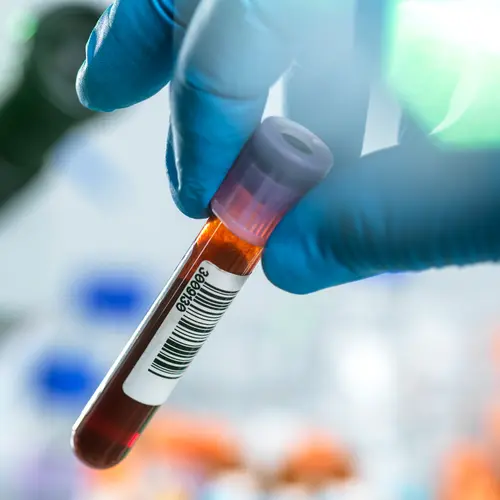If you have benign prostatic hyperplasia (BPH), you know the routine. You get out of bed in the middle of the night with an urgent need to pee, you stand over the toilet ... and nothing. All that comes out is a dribble. You still feel like you have to go. It may even be painful. And, the worst of it is, you’ll be back to the bathroom again before the night is over.
BPH is a common (and frustrating) condition. It affects almost 50% of men by age 60. As you get older, your prostate can become enlarged, pressing on your urethra and on part of your bladder. It doesn’t mean you have prostate cancer or that you’ll get prostate cancer in the future. But it can sometimes cause problems, like bladder or kidney damage, and incontinence.
Symptoms of BPH
You may experience these:
- Frequent need to pee
- Difficulty starting to go
- Weak urine stream
- Increased need to pee at night
- Inability to prevent urination
- Inability to empty the bladder completely
Go with the Flow
There are medications that can treat BPH, and if it becomes unmanageable, surgery can be an option. There are also exercises and stress management techniques you can practice on your own to help manage BPH and bring your urinary problem under control.
Keep yourself active. Lack of physical activity can make you retain urine. Activities like walking, jogging, and swimming can help reduce urinary problems.
Do Kegel exercises. Stand at or sit on the toilet and contract the muscle that allows you to stop and start the flow of pee. Hold it for 5 to 10 seconds. Do this 5 to 15 times, 3 to 5 times a day to help with bladder control and function.
Meditate. Nervousness and tension cause some men to urinate more often. Try meditation along with exercise to help reduce stress.
Try double voiding. When you do urinate, go once and then try to go again a few moments later. This will help you to fully empty your bladder, lessen the feeling of constantly having to pee, and maybe save you another trip to the bathroom.
Avoid antihistamines and decongestants. These medicines tighten the muscles around the urethra, making it harder to urinate.
Don’t delay. When you feel the need to pee, go right away and always try to empty your bladder completely.
Avoid caffeine and alcohol. Both caffeine and alcohol can irritate the bladder and increase urine production, so try to stay away from them, especially at night.
Drop some pounds. Eat a healthy diet and try to lose some weight. Obesity makes the symptoms of BPH worse.
Discuss medications with your doctor. Some medicine you take -- both prescription and over the counter -- can worsen BPH symptoms. Your doctor can help get you on the right medicine at the right dosage.
The Food and Drug Administration hasn’t approved any herbal treatments for the relief of enlarged prostate symptoms.
If your BPH seems unmanageable, and controlling your symptoms yourself isn’t working, don’t worry. Have a conversation with your doctor. There are medicines that might help and surgical options you can explore.

